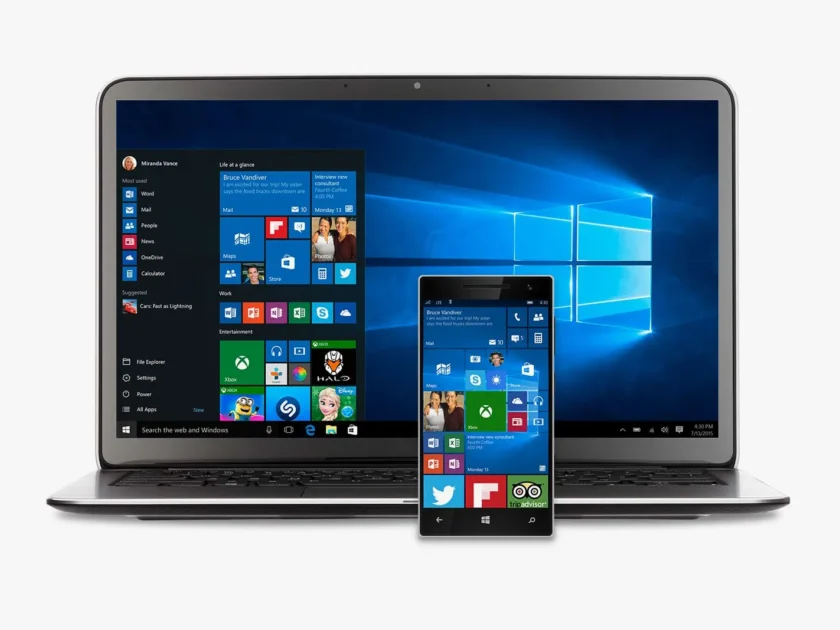The Rise of Online Multiplayer Gaming
Historically, video games were solitary experiences, confined to single-player modes or local multiplayer options. However, as broadband internet became more accessible and game development advanced, the appeal of online multiplayer modes began to take center stage. Early examples of successful online games like Counter-Strike and World of Warcraft proved that players could connect and compete with one another in virtual worlds, regardless of geographical location.
The growth of online gaming was further fueled by the rise of gaming consoles with robust online features, such as Sony’s PlayStation Network and Xbox Live. These platforms created ecosystems where players could not only connect with others but also engage in competitive gameplay. The development of faster and more stable internet connections also played a crucial role, allowing for lag-free experiences and a seamless online environment.
By the mid-2010s, online multiplayer gaming had firmly established itself as the new normal. Games like Fortnite, PUBG, and League of Legends became cultural phenomena, breaking records and drawing millions of players to virtual battlefields across the globe.
The Evolution of eSports: Gaming as a Professional Sport
As online battles grew in popularity, competitive gaming, or eSports, emerged as one of the most lucrative sectors within the industry. eSports is no longer just a hobby for dedicated gamers; it has transformed into a multi-billion-dollar industry, complete with professional leagues, sponsorships, and televised events.
The development of professional eSports leagues, such as the League of Legends Championship Series, Overwatch League, and Call of Duty League, has given gamers the opportunity to compete for significant cash prizes, fame, and even endorsement deals. Major companies like Intel, Coca-Cola, and Red Bull have recognized the growing potential of eSports, pouring millions into sponsorships and marketing campaigns aimed at targeting the gaming demographic.
The global reach of eSports is undeniable. Major tournaments now draw millions of viewers, both online and in-person. The League of Legends World Championship, for example, consistently attracts an audience of over 100 million viewers, rivaling the viewership of traditional sporting events. In addition to live streams on platforms like Twitch and YouTube, eSports events are also broadcast on television in many regions, further solidifying their place in the mainstream entertainment industry.
The Growth of Online Battle Royales
One of the most significant trends in online multiplayer gaming in recent years has been the rise of battle royale games. These games, which pit players against each other in a fight for survival until only one remains, have become a global sensation. Fortnite, Apex Legends, and PUBG have not only drawn millions of players but have also generated significant revenue through microtransactions, season passes, and in-game purchases.
The allure of battle royale games lies in their accessibility and excitement. The combination of strategy, action, and unpredictable outcomes makes them highly engaging, attracting both casual and competitive players alike. The “last player standing” format has led to intense moments of gameplay, as players scramble to secure weapons, outsmart opponents, and avoid being eliminated.
Battle royale games have also revolutionized the business side of gaming. By offering free-to-play models supported by in-game purchases, these games have successfully tapped into the massive mobile gaming market, where players can enjoy high-quality gaming experiences without a significant upfront cost. The success of Fortnite, in particular, has become a case study in how online multiplayer games can thrive through microtransactions, offering cosmetic upgrades, skins, and battle passes that incentivize players to keep coming back.
The Influence of Streaming and Content Creators
Online multiplayer battles have not only become a staple of gaming but have also spurred the rise of content creators and live-streaming. Platforms like Twitch, YouTube Gaming, and Facebook Gaming allow gamers to broadcast their online battles to a global audience, creating a new form of entertainment that blends competitive gaming with personality-driven content.

Top streamers and YouTubers like Ninja, Shroud, Pokimane, and Dr Disrespect have amassed millions of followers, turning gaming into a form of live entertainment. These influencers play a significant role in the success of online battle games, as their streams attract attention, foster community engagement, and drive player participation. In fact, many game developers now partner with popular streamers to promote their titles, knowing that exposure on these platforms can lead to a massive surge in player base.
The rise of online gaming content has also opened new revenue streams for the gaming business. Streamers earn money through ad revenue, donations, sponsorships, and partnerships, creating an ecosystem where gaming and content creation are intertwined. Furthermore, the competitive nature of online battles often draws significant attention from fans, who follow professional teams and players, much like traditional sports fans.
The Impact of Mobile Gaming on Online Battles
While traditional gaming consoles and PCs have long been the primary platforms for online multiplayer games, mobile gaming has emerged as a major player in the online battle landscape. Games like Clash Royale, Call of Duty: Mobile, and Free Fire have proven that mobile devices can support complex, competitive online gameplay.
The accessibility of mobile games has brought online battles to a broader audience, particularly in regions where gaming consoles and high-end PCs may be out of reach for many players. Mobile gaming has also opened doors for developers to tap into emerging markets, where smartphones are often the primary gaming device.
With the rise of mobile gaming, online battles have become even more ubiquitous. Whether it’s a quick 10-minute session on the bus or a marathon gaming session at home, players now have the ability to engage in competitive multiplayer experiences at any time and from almost anywhere. This convenience has only accelerated the popularity of online battle games, especially among younger audiences.
The Future of Online Battles
The online battle phenomenon shows no signs of slowing down. As technology continues to improve, players can expect even more immersive experiences, with advancements in virtual reality (VR) and augmented reality (AR) likely to redefine the way we play and interact in virtual worlds.
The ongoing development of AI-powered matchmaking systems, enhanced server infrastructures, and cloud gaming services will continue to enhance the online multiplayer experience. Additionally, new game genres and hybrid models are likely to emerge, further blurring the lines between traditional gaming, eSports, and live entertainment.
As the gaming business continues to evolve, one thing is clear: online battles are here to stay. Whether it’s for casual fun, professional competition, or entertainment, online multiplayer gaming has become the beating heart of the gaming industry, and its influence will only grow in the years to come.
The shift to online battles has fundamentally transformed the gaming industry. With the rise of eSports, battle royale games, mobile gaming, and live-streaming, gaming has become a global, interconnected experience. What was once a solitary pursuit is now a social, competitive, and entertainment-driven industry that generates billions in revenue. As technology advances and new business models emerge, the future of online multiplayer gaming looks brighter than ever. The gaming industry has entered a new era, and online battles are undeniably at the center of this exciting evolution.






